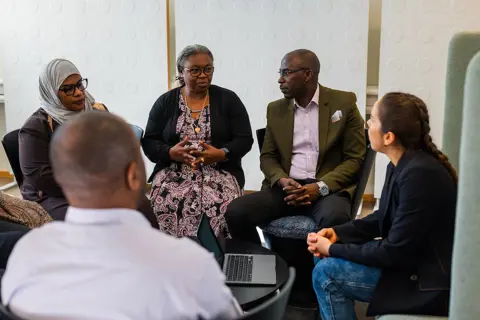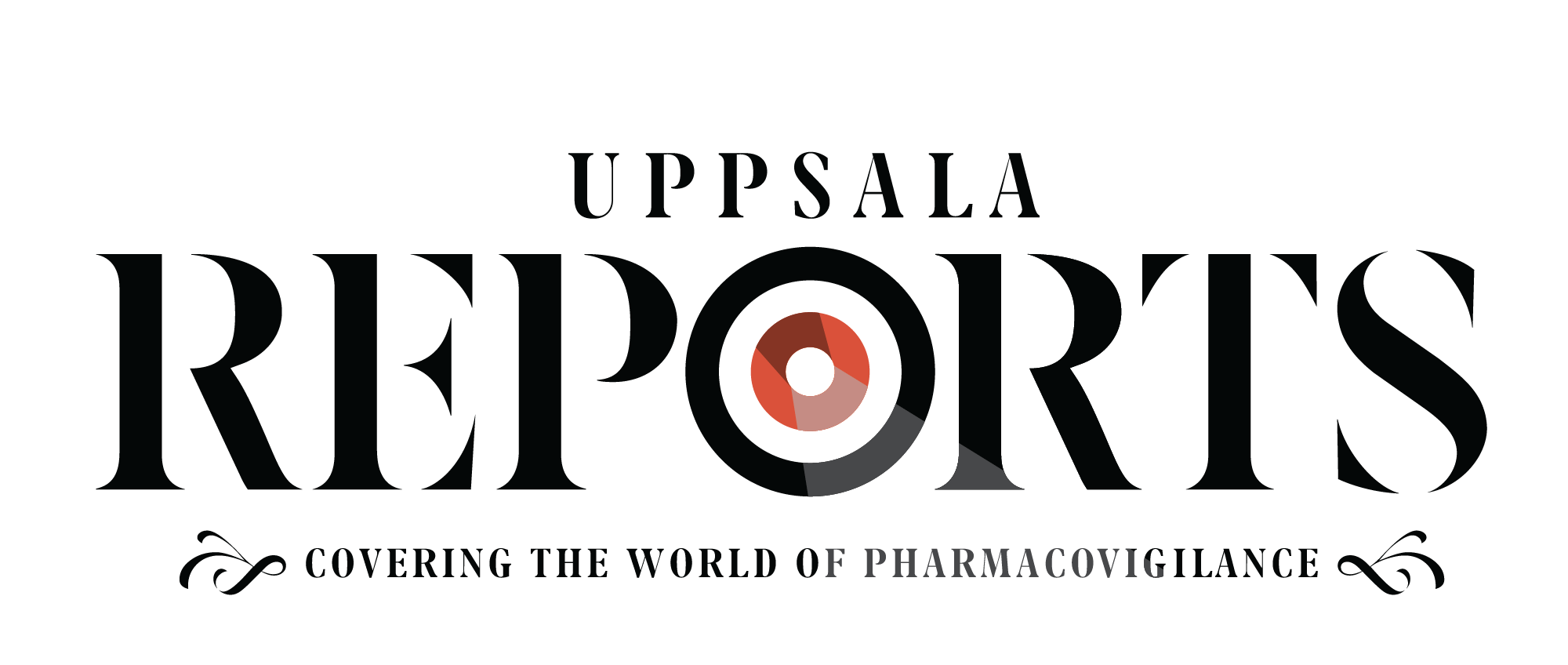
The ASCEND project will finally come to a close on 31st December 2023 after almost four years of hard teamwork, involving seven different member organisations from the United Republic of Tanzania and the United Kingdom. While the focus of the ASCEND project was to build capacity for research and medicines regulation, specifically in clinical trials in Tanzania and Zanzibar, it also aimed to increase adverse drug reaction (ADR) reporting within the patient community at large. What the project team learned along the way both surprised them and galvanised them into further action.
Tanzania’s delegates were taken aback at the impact that the project has had on their reporting rates.
“UMC’s signal team showed us a graph with a big spike in reports from Tanzania since 2019,” says Professor Wilber Sabiiti, an Associate Professor at the University of St Andrews School of Medicine in the UK. “This corresponds to the time when both the SMERT and ASCEND projects were implemented, and clearly shows that the development of electronic systems has improved the reporting rate in Tanzania.” (The SMERT project was an early precursor to the ASCEND project, which aimed to develop an online system for applications for ethics clearance.)
Despite the spike in ADR reporting, the SMERT project revealed a gap in ADR reporting from certain groups in the cycle of medicines safety, specifically the general public. As a result, the project team also sought to raise awareness of pharmacovigilance as part of the ASCEND project by developing a community engagement model. This will involve community surveys to regional leaders and politicians to investigate which communication channels would be most effective. Interestingly, previous efforts involving TV and radio have not proven to be effective.

Just as important as engaging the community is engaging others working in pharmacovigilance through networking and knowledge sharing. Dr Yonah Mwalwisi, director of Human and Veterinary Medicines at the Tanzania Medicines and Medical Devices Authority (TMDA), stresses the importance of networking in strengthening pharmacovigilance efforts. “We really need to network. There is no reason for somebody to reinvent the wheel. You can learn from your brothers, you can learn from your neighbours because otherwise, you always have limited resources.”
Making education and training opportunities more available to those working in healthcare was key to strengthening pharmacovigilance in Zanzibar. “Our assessors and GCP inspectors have got a lot of training with TMDA and other organisations, and this has greatly contributed to building our capacity in terms of control of clinical trials as well as pharmacovigilance in Zanzibar”, says Dr. Burhani Simai, the Executive Director of Zanzibar Food and Drug Agency. The project members plan to take the courses offered by UMC to better incorporate Vigi Tools in their pharmacovigilance systems in the future. [GCP stands for ‘Good Clinical Practice’, which is represented by a set of internationally recognised ethical and scientific quality requirements that must be met when designing, conducting, recording, and reporting on clinical trials involving human subjects.]
With one more project completed, and much work still to be done, it will be fascinating to follow the journey that both countries take as they continue to strive for better medicine safety in their communities.




